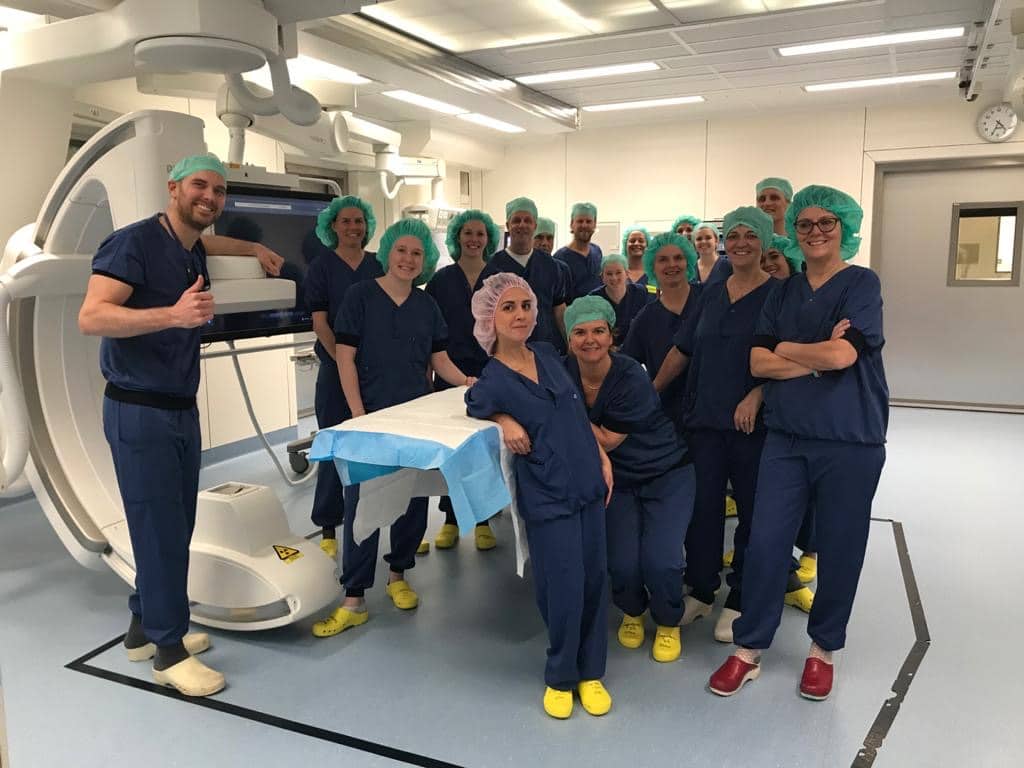Minimally invasive treatments have to become the norm
The fight against cancer is brutal. It includes chemotherapy, radiotherapy and surgery, which often involves long hospital stays and a lot of pain. In the past, these treatments were mainly focused on primal life, how and with what consequences did not matter. Today the impact of quality of life is becoming increasingly prioritized (but still not enough!) and a shift has been taken place where open procedures are making way for minimally invasive treatments.
Many of such low-invasive treatment innovations have been developed to help maintain and improve the quality of life of people with cancer. Although a number of these interventions are evidence-based, implementation after the research phase often does not take place (or only on a limited scale). As a consequence, only a limited number of patients have access to those minimally invasive treatments. That’s not only unfair, it’s simply wrong and discriminating.
The very best treatment based on the very best possible diagnostics to become standard available for every patient. That should be the norm. The next step is to bring together those stakeholders that can provide access to the treatments and facilitate them so that these minimal invasive treatments become available for all patients.
That is why Inspire2Live and Surgery Without Incision organize a symposium on the 11th of November, 2020 with the central theme “how to enhance implementation of evidence-based innovations to improve quality of life of all prostate cancer patients?” This congress is meant to work towards a manifesto that brings us the answer to this important question and delivers us the way to go that every patient gets the best possible screening, diagnosis and treatment regardless of which hospital someone walks into.
Please read more about Surgery Without Incision and the importance of low-invasive treatment methods and personalized medicine and the need for the widespread introduction of these techniques for cancer patients in the Netherlands (and beyond) (only available in Dutch).

